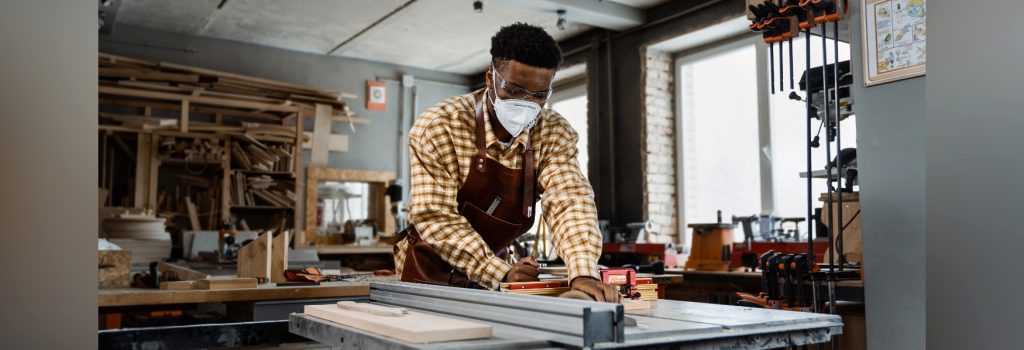Expat partners who produce craft products or follow certain trades might need to become a ‘meister’ if they are to be self-employed entrepreneurs in Germany.
Rules and regulations
Every host country will have its own regulations for self-employed persons who wish to work as freelancers or set up their own businesses. In this story, we use Germany as one example of the complications an expat partner could face if they produce craft products or follow certain trades. So, first and foremost, we will stress the importance of making sure that expat partners carefully research and consider all obligations / requirements, even if they see it as ‘just a sideline’.
Chamber of Crafts
“In each region of Germany, there is a Chamber of Crafts (Handwerkskammer, or HWK). Craft enterprises and many traditional tradespeople must join one of the 53 chambers,” says Florian Sussner, a Nuremberg-based coach and startup advisor. “Bakers, electricians, carpenters, and photographers are just some of the occupations that are protected by the HWK. You would have to be a meister (master) to pursue these professions in Germany.”
Search for workarounds
It can be very frustrating for an expat partner, who has certain skills, if they can see work opportunities, but they are not a meister. There may be a temptation to do ‘under the table’ jobs, something which Global Connection strongly discourages. There could also be an inclination just to give up on their passion (at least for the time being). “There might be a workaround of some kind,” Florian says. “They might be permitted to perform simple tasks – for example a trained baker might be allowed to produce crepes – without the meister certificate. They would still have to apply to the Chamber of Crafts for permission.”
Find a local meister
“Another option for an expat partner in this situation could be to find a meister in their chosen field, perhaps someone who is close to retiring. If they were to become the expat’s business partner, or even an employee, the expat could potentially set up a business that utilises their own skills. Expats can also apply to the Chamber of Crafts, and if the expat can prove they have the experience and present any relevant certificates, they can achieve meister status. Interestingly, people over the age of 55 are often exempt from this. But again they need to follow the steps and receive official approval before earning an income. Otherwise they run the risk of being fined.”





